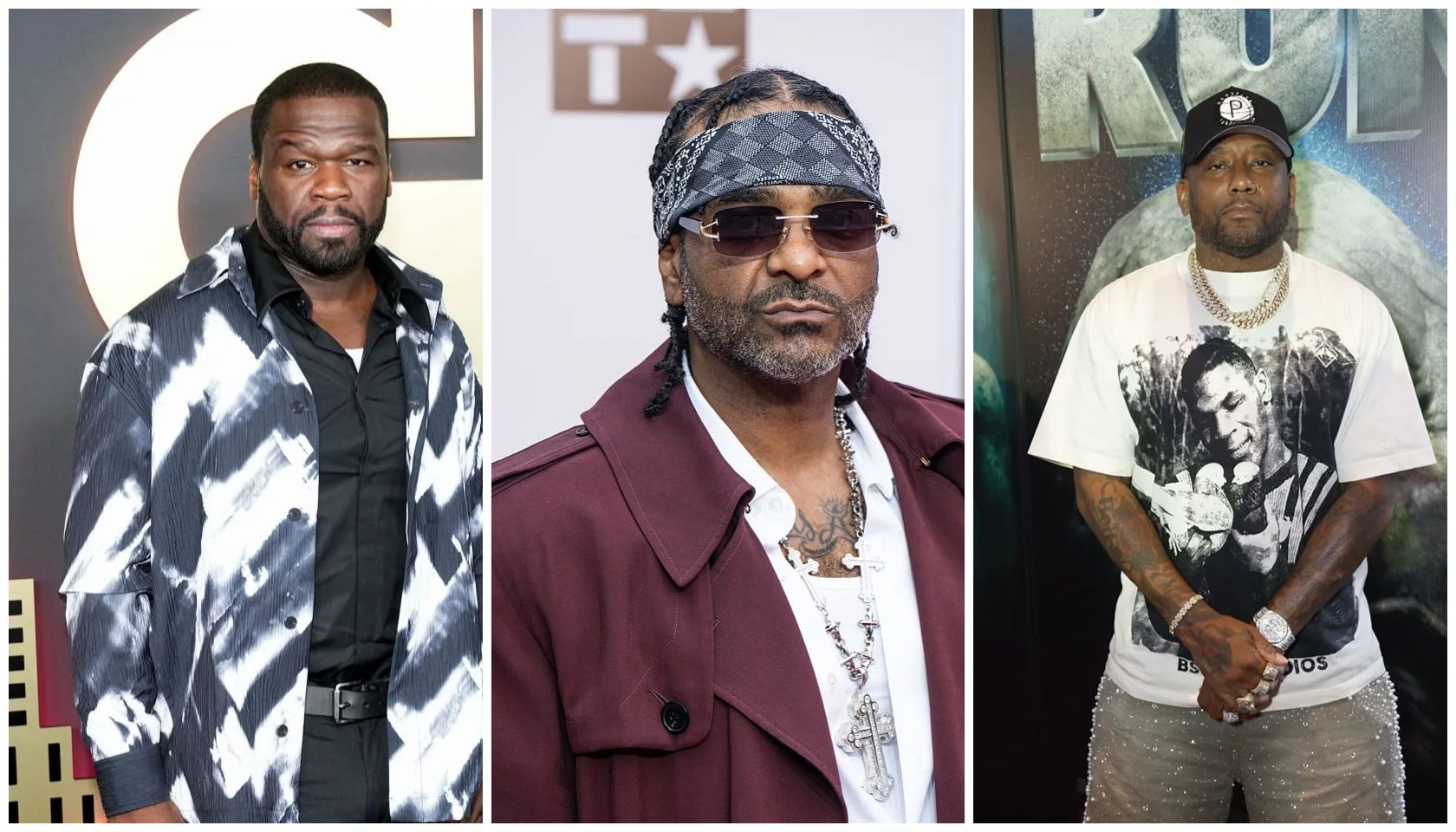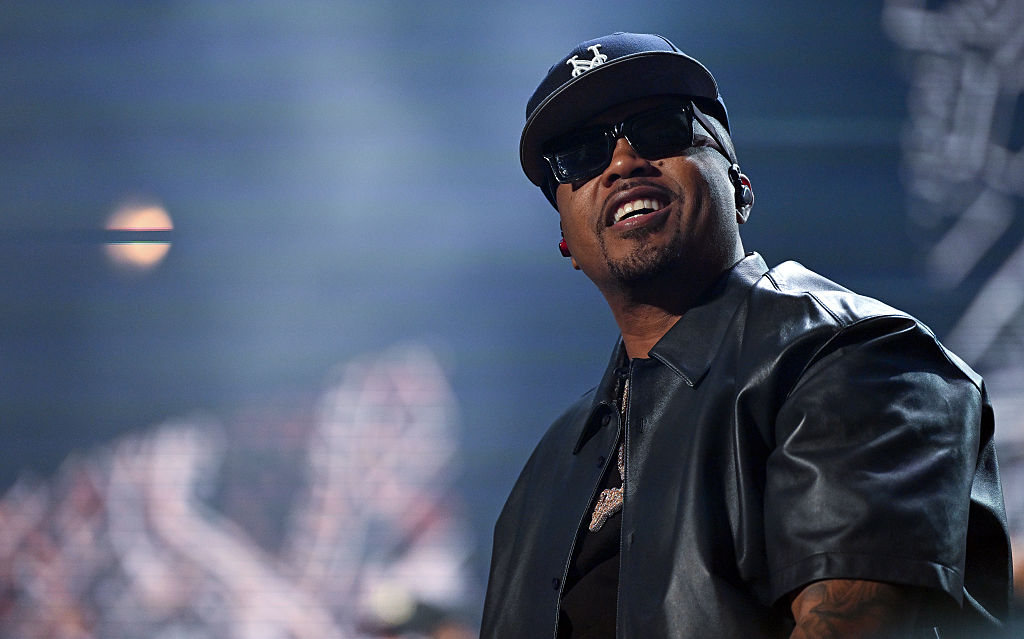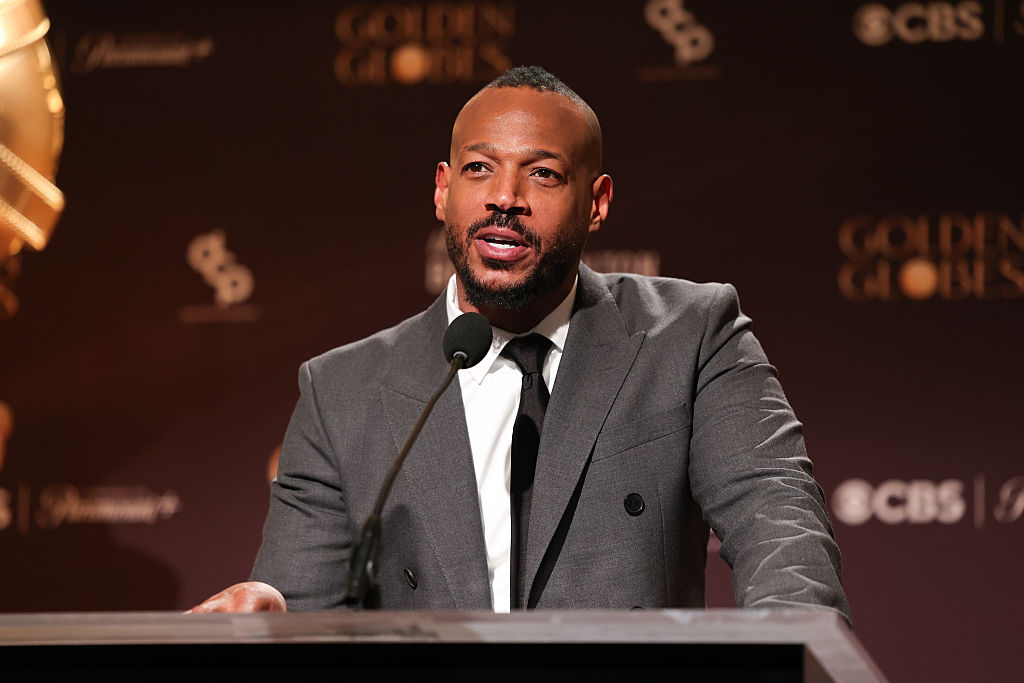12 O'Clock Boys Director Speaks On Film & Contextualizing Culture
Director Lotfy Nathan Speaks On 12 O’Clock Boys, Baltimore, & Contextualizing Culture [PHOTOS]
Share the post
Share this link via
Or copy link
Conditions in inner city neighborhoods across the United States, though different in make up, have very comparable traits. The pressures of poverty, violence, and systematic oppression all seem inherent, but we counter that by asking, how does one get a momentary release from the life? In comes, 12 O’Clock Boys, a documentary on Baltimore’s dirt bike culture directed by Lotfy Nathan.
Therapeutic release plays heavily into the film’s underlying themes and aesthetic, as we witness the modern day coming of age tale of a boy named Pug. While some kids his age — Nathan tracked his progression from 12-14-years old — aspire to be doctors, lawyers, professional athletes, musicians, and more, the charismatic young man wants to be a 12 O’Clock Boy, who are a largely renowned dirt bike collective in his hometown. Viewers will see Pug’s various ups and downs, as he chases his dream. They’re also introduced to Coco, his mother, and Steven, a friend of the family and 12 O’Clock Boy affiliate.
The story, while simplistic in theory, has too many nuances to count, making it all too easy to empathize with Pug’s story — especially if you too are from the inner city. Leading up to it’s release, Hip-Hop Wired spoke with the director, Nathan, to discuss what drew him to document Baltimore’s dirt bike culture, the characters in the tale and more.
Love Hip-Hop Wired? Get more! Join the Hip-Hop Wired Newsletter
We care about your data. See our privacy policy.
Hip-Hop Wired: For you to be the first-time filmmaker, what made Baltimore — let alone the dirk bike scene — your topic of choice?
Lotfy Nathan: That’s a good question. I mean, it’s definitely foreign to me. I’m not even from Baltimore. But I think that was part of the attraction; it was something exotic and mysterious.
I also wasn’t exactly planning to make a feature film. It was a kind of warmth with the people I was feeling and a welcome in really feeling like was in a new world with it. That made me want to make into a feature film. But it start really as a short thing — I wasn’t sure what it would become. It’s strange. I would have never expected for that to be a subject of something that I would have made a film about. It kind of caught me off guard. I wasn’t exactly looking to find a subject to target to spend the next four years on.
Hip-Hop Wired: I also wanted to discuss that. I read somewhere that you wanted to be finished with this doc in 2009, but it ended up running until late 2013. Why’d you stick with the film?
LN: It’s hard to say. The early stages, I think it was just personal; it continued to speak to me creatively, you know? I was trying to be an artist. I was studying art and trying to be a painter, and that wasn’t speaking to me nearly as much as this project. It was just a personal validation and it was meaningful to me.
It was also very uncertain and kind of frustrating, you know? But then as time went by, more people got involved and it was appreciated by people who I respect. There were points of validation on the way — it was like little cookies on the way to keep going. That’s really what made me continue.
Hip-Hop Wired: Speaking on your visual arts background, I’m sure you have a natural appreciation for aesthetic. How did your point of view affect how you shot the film?
LN: For me, it was kind of informal. I just wanted it to look good…. or to look right. That phantom camera for example, like one of my producers, Eric Blair, and these two other guys — John Bennett and Nick Midwig — they made that stuff happen beautifully. There was a combination of people who definitely had a shared concern for the aesthetic qualities, and it was a privilege to use that camera.
Otherwise, just filming intuitively; I liked to frame things up. I almost didn’t know how to do it formally. I didn’t know the technical side as well with video, so it was good and bad, but I think it also allowed me to be sort of freed up.
—
Photo: Christopher Moore, Brett Davis
Hip-Hop Wired: You only had one inside man to connect you with the 12 O’Clock Boys. Since you aren’t from Baltimore, could you discuss the culture shock you experience and how that affected making the film.
LN: Like I said, I’m not from Baltimore and that was an asset I think. I was naive. I asked stupid questions. I wanted to know everything. And I think that it was refreshing for the people that ended up being filmed and it was refreshing for me to learn.
Every step of the way was a culture shock. Living in Baltimore was a culture shock. This was kind of like embracing all of the absurdity about the city and meeting interesting people in the midst of all of it. In terms of going into the hood and filming, it almost reminded me of trips I would take to go and visit relatives in Egypt. This kind of intimacy and community that I didn’t necessarily see in other places in the States, but I’d seen it in other countries. It was sort of in the back of my head. It felt natural — especially with Coco and her family.
Hip-Hop Wired: Having spent so much time in Baltimore, do you keep in touch with Pug, Coco, and those you met while filming?
LN: Well, I’m not in Baltimore anymore. I live in New York now, so there’s that. It’s not part of my day to day anymore, but I keep in touch with some of the writers and also Coco and the family. But yeah, I’ll always be close with them. It’s difficult. You have to kind of move out of the film, and I didn’t know when that would happen, but I feel like it’s happened now. There’s this document behind us that speaks of that whole time together.
Hip-Hop Wired: It’s like a time capsule then?
LN: Exactly, and I think it speaks to everybody who was involved in it.
Hip-Hop Wired: Speaking on dirt bike culture, I know Baltimore isn’t the only city with it. Did you do your due diligence on that culture in other cities?
LN: Yes, I looked into it.
Hip-Hop Wired: Ok. Well, why would you say Baltimore is more compelling?
LN: I think the lawlessness. It’s most high octane and kind of high impact there, and exciting for the riders because of the clash with the police. It’s in Harlem, parts of Brooklyn, it’s in Philly, but Baltimore is where you get this real class. I think it’s the landscape and also that it was born out of Baltimore. I don’t think anybody can argue that Baltimore brings it kind of the hardest.
Hip-Hop Wired: For sure. Last question, what do you want viewers to get out of your film?
LN: One would be for viewers to have an understanding of why that kind of rebellion exists. It’s conflicted, I think the consequences presented in the film, but there’s a reason. There’s a kind of yearning and need for escape, and also, a need for defiance.
The other thing to take away is more of a question. Is that warranted — that kind of defiance? I don’t know the answer to that, but I don’t think it’s as simple as shrugging it off or holding kids to the same standards that you would in a different part of the country. Context is everything, and I learned that first hand by being with Pug and a lot of those kids. Context is everything, You see that they have a totally different protocol that they’re raised it. I think, again, context is everything.
That’s why The Wire was so powerful, because there were a lot of identifiable characters. In this case, you’ve got Pug and you’ve got some other people, but I think that’s always valuable. Just remember… you should just remember.
Hip-Hop Wired had the pleasure of seeing 12 O’Clock Boys at a screening in New York City. The film takes viewers through every stage of emotion in a heart racing depiction of an inner city trend that’s spreading from city to city, and has even been popularized in mainstream by the Ruff Ryders and most recently Meek Mill.
12 O’Clock Boys is currently available for purchase via iTunes and it can also be found here. See a trailer for the flick below and images from the aforementioned screening on the following pages.
Stories From Our Partners
-

Dallas Austin Says Macy Gray Allegedly Groped Him In Studio
-

Brett Favre Reminded of 2020 Mississippi Welfare Fraud Scheme After Sharing He's Not Watching Bad Bunny Halftime Performance
-

Whiskey Brands Are Declaring Bankruptcy As Industry Shifts
-

Stocks Up!: Pam Bondi Crash Out Inspires Drove of Dow Jones Memes













